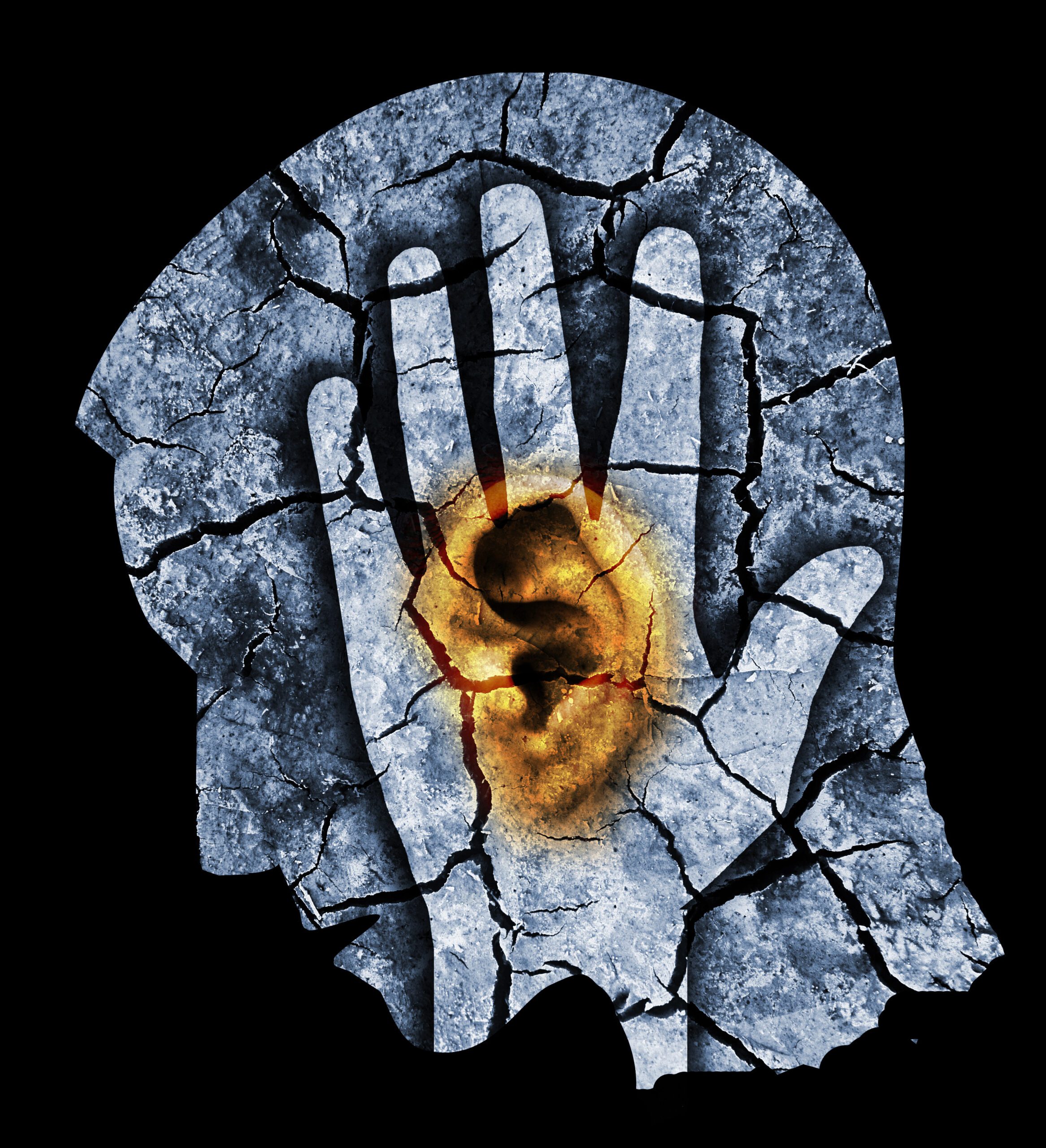
Tinnitus: Causes, Symptoms and Treatment Options
The ringing. The buzzing. The constant whistling and clicking noises . . . all within your inner ear. Are you going crazy? Is some sort of mental illness taking over your brain? Not to worry. You may simply be suffering from a condition known as tinnitus. And you wouldn’t be alone. An estimated one in five people are affected by such symptoms as mentioned above. So . . . is it something you just have to “deal with”? Or can you address those annoying noises with treatment?
Causes of Tinnitus
First, let’s look into some of the causes of tinnitus. A common cause is inner ear damage; however that is not the only thing that can initiate the condition. In fact there are many different causes – some completely unrelated to ear health – that can bring on symptoms.
• Age-related hearing loss
• Exposure to loud noises
• Blockage from earwax
• Changes in your ear bone
• Stress, anxiety and depression
• TMJ
• Head and neck injuries
In very rare cases, tinnitus can be caused by a blood vessel disorder. If this is the case, you have what’s called pulsatile tinnitus. This type is brought on by such things as head and neck tumors, atherosclerosis, and high blood pressure.
Even something as simple as the medications you are taking can bring on symptoms. Such drugs as antibiotics, cancer medications, and medications that treat malaria, can all be culprits. Even over-the-counter medicines like aspirin and diuretics can be at fault.
Who is Most At Risk?
While anyone can develop tinnitus, those who are believed to be most at risk are Caucasian men over the age of 65 who have age-related hearing loss. You may also be at increased risk if you’ve been exposed to loud noises (on a consistent basis), or if you are suffering from post-traumatic stress disorder (PTSD).
Treatments for Tinnitus
There are a few drugs that doctors sometimes use to treat tinnitus, such as anti-depressants and medications such as Xanax. But not everyone wants to go the Big Pharma route. Some alternative treatments include such things as acupuncture, hypnosis, zinc supplements, Ginkgo biloba, and Lipoflavonoid, which is a vitamin complex supplement.
You may also find relief by removing earwax build-up, or by trying “noise suppression” with white noise machines, hearing aids, or masking devices. Finally, if you’re taking medication, you might want to check with your doctor to make sure none of your prescriptions are causing the problem.
The thing to remember here is this . . . tinnitus is not a lost cause. You can find relief from the ringing, buzzing and whistling. You just have to find the right treatment option for YOU.

A new study suggests that a widely used sugar substitute found in diet sodas, chewing gum, and low-sugar yogurt may elevate insulin levels. This could increase the long-term risk of heart disease. “Artificial sweeteners have infiltrated nearly all types of food, making it crucial to understand their long-term health effects,” said Yihai Cao, senior author […]

Diet Coke has long been a fan-favorite among soda lovers who want a fizzy, guilt-free alternative to traditional soft drinks. While its zero-calorie, zero-sugar label makes it seem like a healthier option, the reality is far more concerning. Despite its undeniable popularity, Diet Coke’s nutritional profile has raised red flags among health experts for years. […]

New study shows that embracing an anti-inflammatory, plant-forward diet can support cognitive function and help reduce the risk of dementia. What You Eat Shapes Your Brain The food you eat doesn’t just impact your body—it also affects your brain. Research suggests that eating an anti-inflammatory, plant-based diet can help improve memory, focus, and overall brain […]